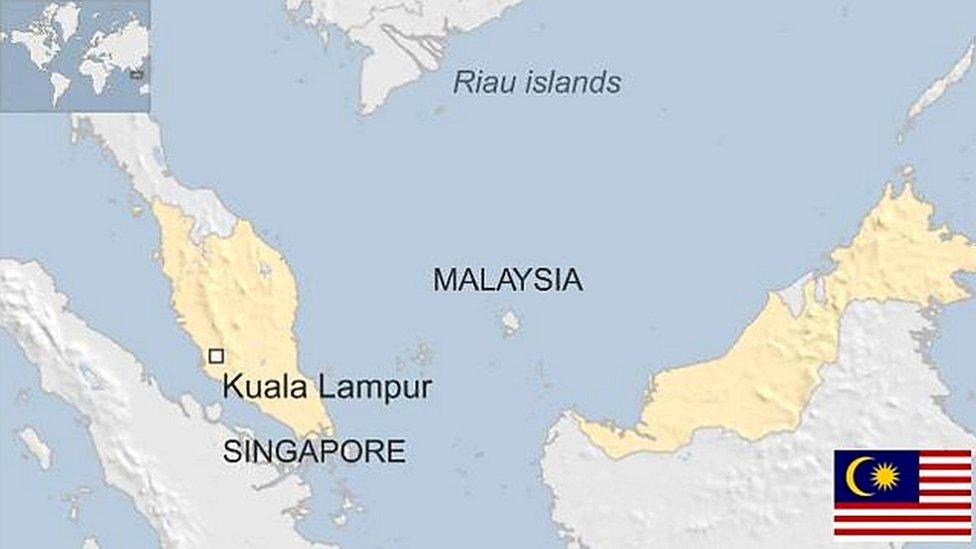Missing Malaysia plane: 'Oil slick seen'
- Published
Chinese airports have stepped up security in the wake of the incident, as John Sudworth reports
A multinational team is searching the sea off south Vietnam, in the hope of finding a Malaysia Airlines flight that has been missing for 24 hours.
A Vietnamese search plane saw two possible oil slicks in the area, although there was no confirmation they were related to the disappearance.
Flight MH370 had 239 people on board, en route to Beijing from Kuala Lumpur.
Two-thirds of the passengers were from China, while others were from elsewhere in Asia, North America and Europe.
It has been reported that two passengers who were listed on the plane's manifest - an Italian and an Austrian - were not actually on the flight.
They both reportedly had their passports stolen in Thailand.
Asked whether terrorism was suspected as a reason for the plane's disappearance, Malaysian Prime Minister Najib Razak said: "We are looking at all possibilities, but it is too early to make any conclusive remarks."
A senior US official told NBC News: "We are aware of the reporting on the two stolen passports. We have not determined a nexus to terrorism yet, although it's still very early, and that's by no means definitive."
US help
Flight MH370 vanished at 17:30 GMT Friday (01:30 local time Saturday).
The plane reportedly went off the radar south of Vietnam, and according to Malaysian Airlines, it last had contact with air traffic controllers 120 nautical miles off the east coast of the Malaysian town of Kota Bharu.
Distraught relatives and loved ones of those on board are being given assistance at both the arrival and departure airports.
Malaysia Airlines chief executive Ahmad Jauhari Yahya said the focus was on helping the families of those missing. He said that 80% of the families had been contacted.
The passengers were of 14 different nationalities, Mr Yahya said.
Simon Clemison reports on how planes can just vanish from radar
Among them were 153 Chinese nationals, 38 Malaysians, seven people from Indonesia and six from Australia.
Malaysia and Vietnam have both sent planes and naval vessels to search for the missing flight, and the US is sending the USS Pinckney, an Arleigh Burke-class guided-missile destroyer, which could be in the area within 24 hours.
Territorial disputes over the South China Sea were set aside temporarily as China dispatched two maritime rescue ships and the Philippines deployed three air force planes and three navy patrol ships.
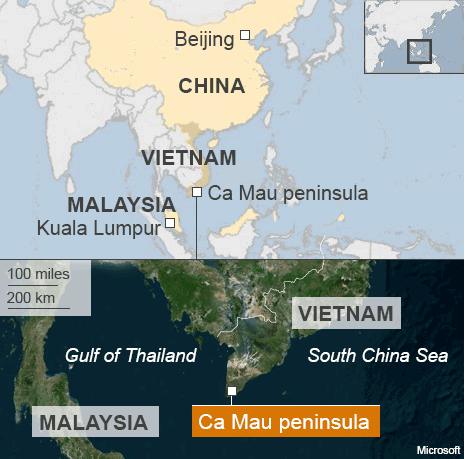
Singapore is also involved, while Vietnam sent aircraft and ships and asked fishermen in the area to report any suspected sign of the missing plane.
"In times of emergencies like this, we have to show unity of efforts that transcends boundaries and issues," said Lt Gen Roy Deveraturda, commander of the Philippine military's Western Command.
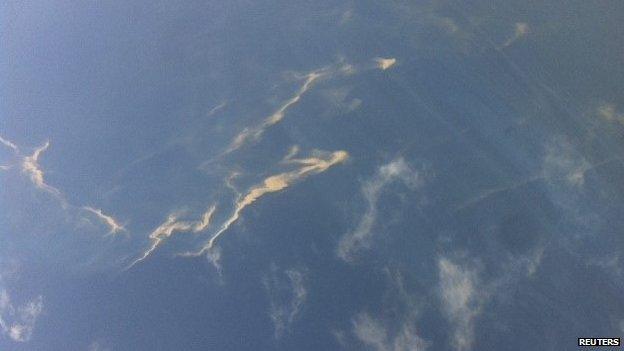
Vietnam's air force has spotted two possible oil slicks 190km ( 118 miles) from Malaysia, but there is no confirmation they are connected with the plane's disappearance
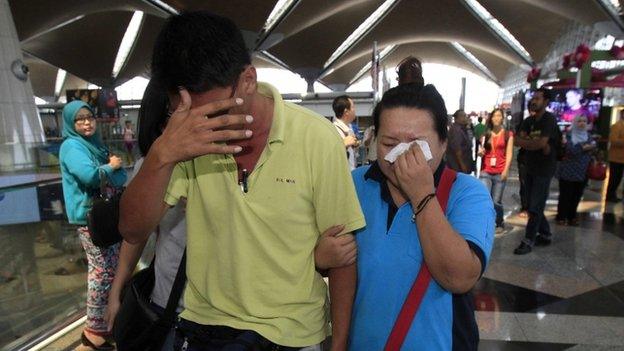
Family and friends of the missing people are being cared for at Kuala Lumpur airport
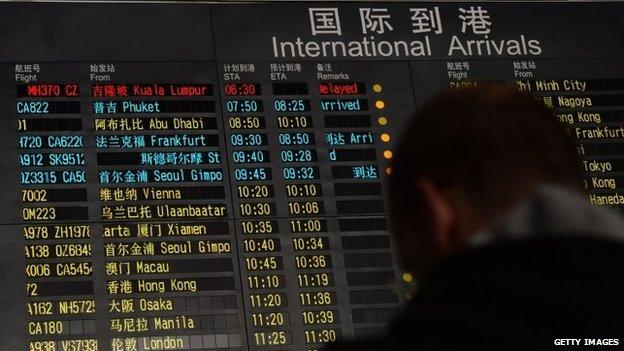
In the terminal, the arrivals board shows the missing flight in red

There has been intense media coverage in Beijing, angering some of the relatives
The pilot was Capt Zaharie Ahmad Shah, 53, who joined Malaysia Airlines in 1981, Mr Yahya said.
Friends and relatives expecting to meet passengers from the flight in Beijing were instructed to go to a nearby hotel where officials were meant to be on hand to provide support.
"They should have told us something before now," a visibly distressed man in his thirties told AFP news agency at the hotel.
"They are useless," another young man said of the airline. "I don't know why they haven't released any information."
In Kuala Lumpur, Hamid Ramlan, a 56-year-old police officer, said his daughter and son-in-law had been on the flight for an intended holiday in Beijing.
"My wife is crying," he said. "Everyone is sad. My house has become a place of mourning. This is Allah's will. We have to accept it."
Air traffic control lost contact with the Malaysia Airlines plane after leaving Kuala Lumpur
Malaysia's national carrier is one of Asia's largest, flying nearly 37,000 passengers daily to some 80 destinations worldwide.
The route between Kuala Lumpur and Beijing has become more and more popular as Malaysia and China increase trade, says the BBC's Jennifer Pak in Kuala Lumpur.
The Boeing 777 had not had a fatal crash in its 20-year history until an Asiana plane came down at San Francisco airport in July of last year.
Three teenage girls from China died in that incident.
Aviation expert David Learmount told the BBC that passenger planes today "are incredibly reliable and you do not get some sudden structural failure in flight - it just doesn't happen".
- Published8 March 2014

- Published8 March 2014
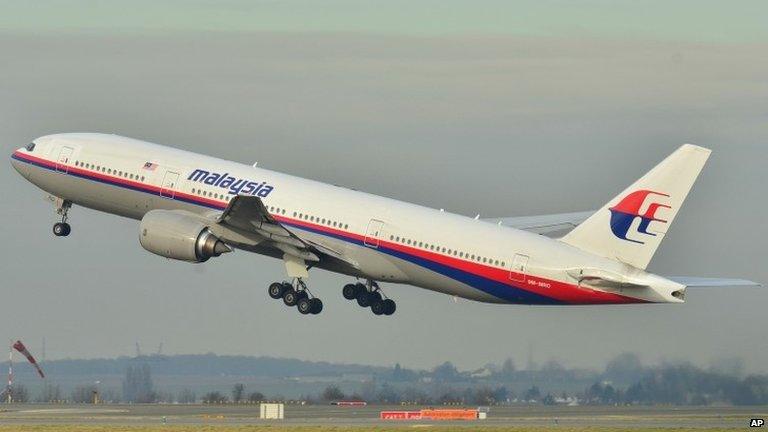
- Published10 March 2014
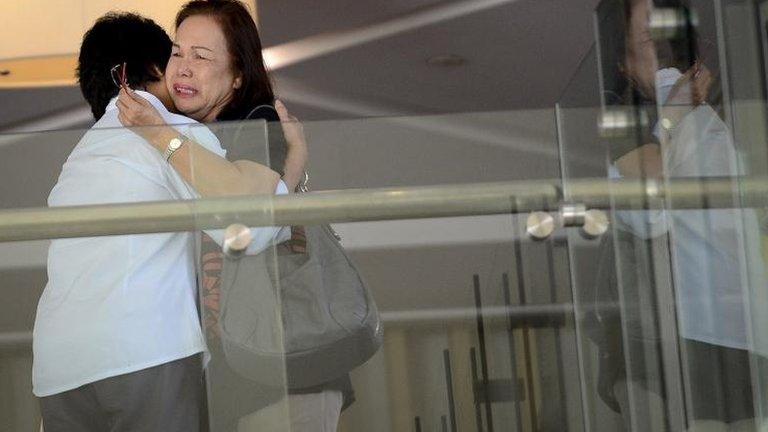
- Published21 March 2022
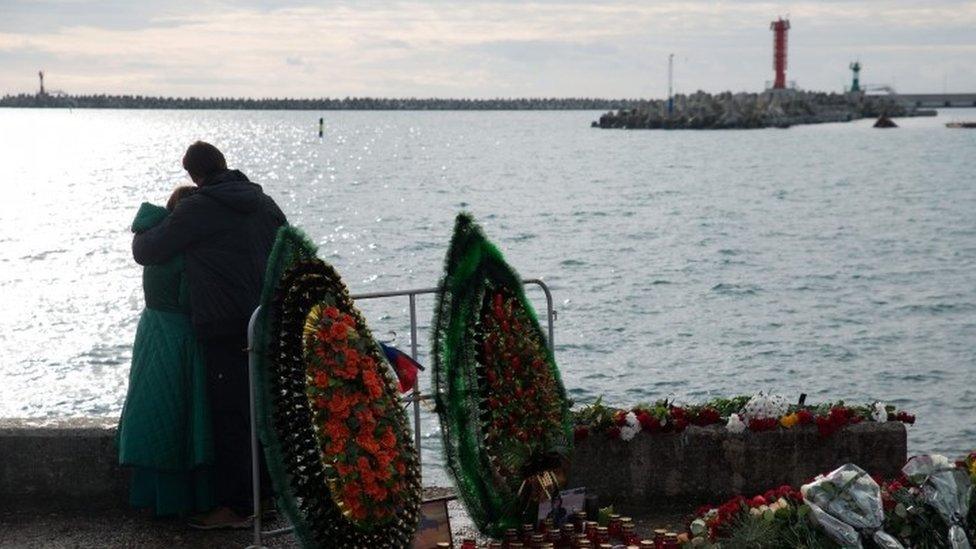
- Published19 May 2023
